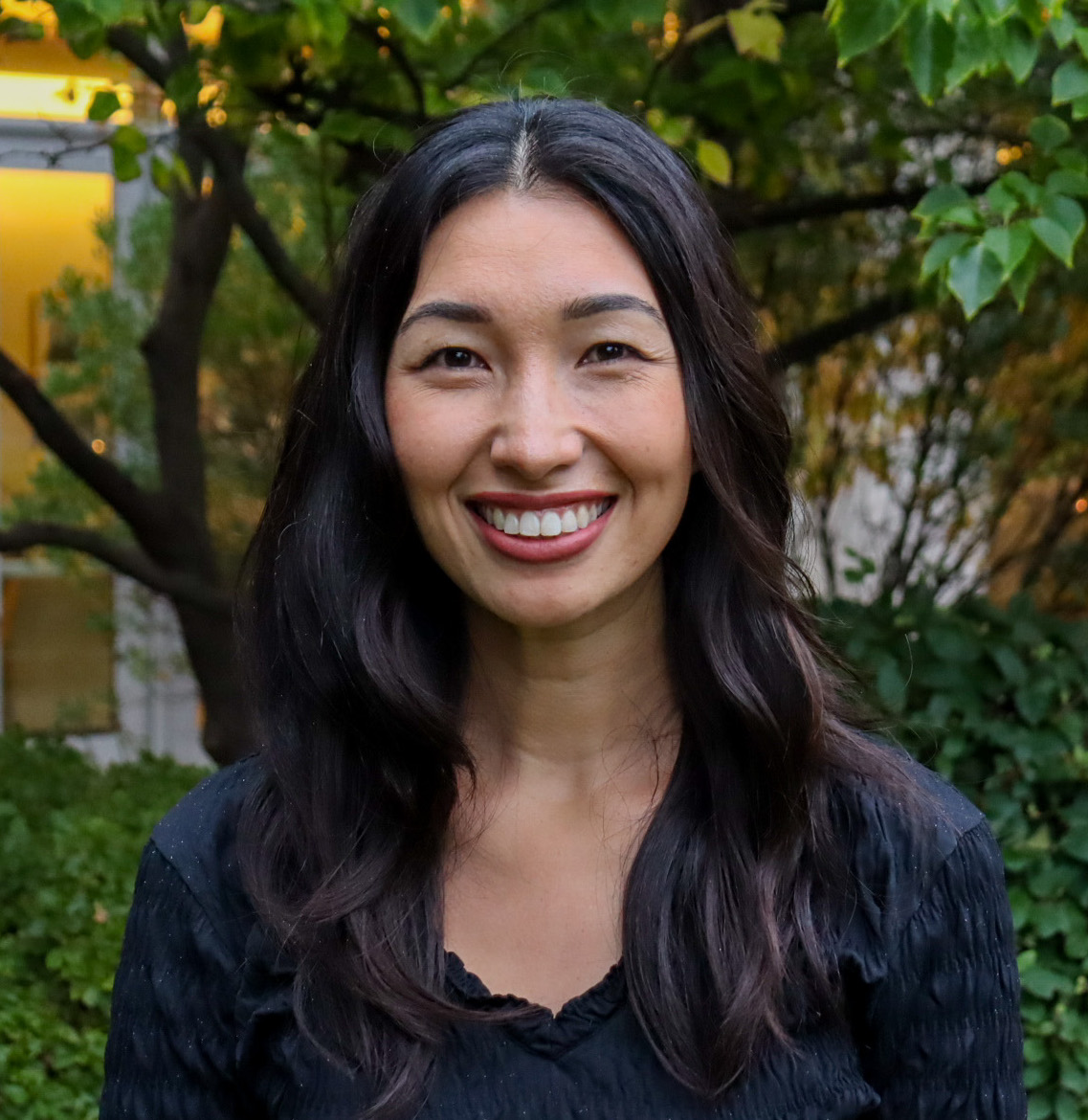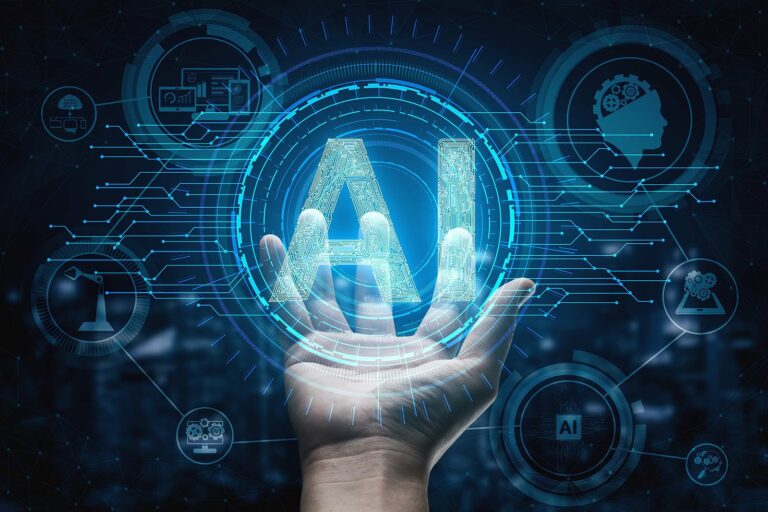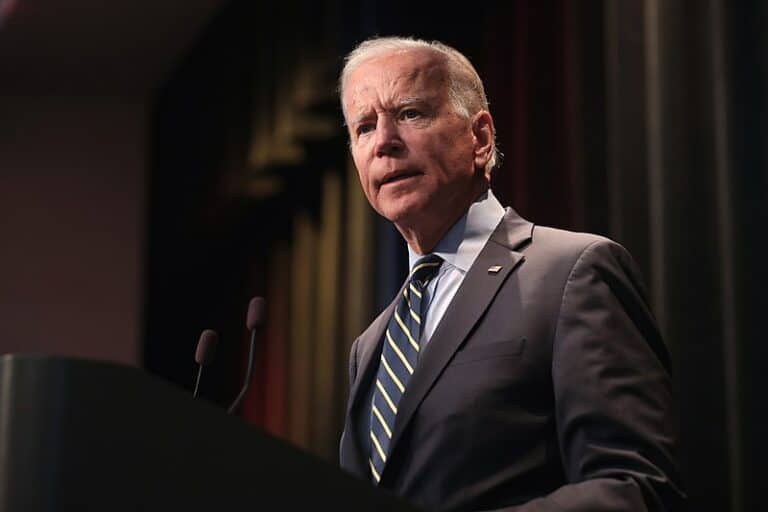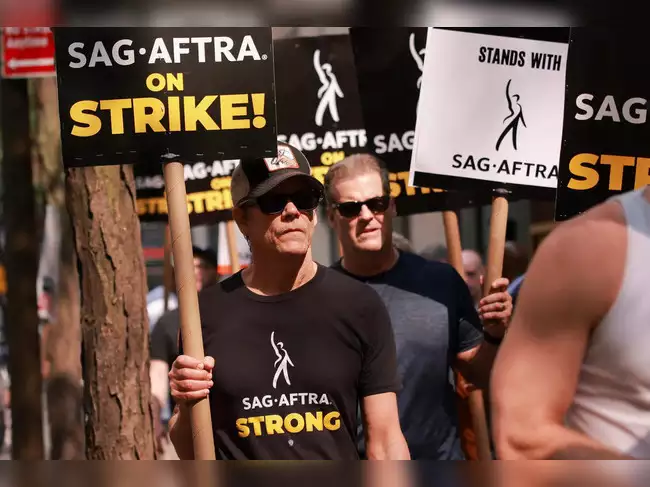
Maddie Chang is a student at Harvard Law School.
In today’s Tech@Work, the share of employment related BIPA cases at the federal level grows compared to consumer cases; and familiar worker classification issues arise for nurses using gig economy apps.
A new Bloomberg analysis shows that employers are facing an increasing number of challenges in federal court for the collection of workers’ biometric data under the Illinois Biometric Information Privacy Act (BIPA). BIPA is a unique form of privacy legislation nationwide in that it creates a private right of action for people, including workers, to challenge the collection and retention of their biometric data (often defined as data that arises from the measurement of physical characteristics and can personally identify people, like a fingerprint or geometric rendering of a face, i.e. a face print). And though BIPA is an Illinois state law, BIPA cases often reach federal court through class actions and diversity jurisdiction.
The report notes that while overall BIPA litigation last quarter was lower than it’s been in the previous two years, the share of cases that involve employment issues versus consumer issues has risen. The employment cases largely involve the use of biometric workplace surveillance systems that collect workers’ biometrics without consent, for instance as alleged in a case against PepsiCo, which involves a voice recognition system used on workers at a call center. Another set of cases challenge the use of dash cam facial recognition to monitor drivers’ performance, and biometric time clock systems. A case filed late last month alleges that Instacart’s parent company illegally collected and stored selfies that workers had to take while on the job. BIPA provides protection for workers who may not otherwise be in a good position to consent to workplace use of their sensitive data. In addition, as Bloomberg highlights, current cases may help define key terms of the legislation, including what counts as a voiceprint or face print – neither of which are elaborately defined BIPA.
An article in the Markup profiles an app called Clipboard, which the publication calls “Uber for nursing.” Similar to other gig economy apps, Clipboard allows nurses to book individual shifts at healthcare centers or care facilities for an hourly rate that fluctuates depending on demand. The Markup reports that nurses were drawn to the app because it offered flexibility and paid a premium for their services at a time during the pandemic when nurses were leaving the profession in record numbers. Some are now facing issues with Clipboard including attendance disputes, lack of training, and workplace conditions. Experts in long-term care worry that the one-off nature of nursing apps is bad for patient care. One expert notes: “Over the years, it’s been very widely recognized that consistent assignment between a nursing team and residents is really important, both for the resident and the team itself.”
The expansion of the gig economy into facility-bases nursing raises the key question of how gig workers are classified. Nurses using Clipboard and another popular app ShiftKey are considered independent contractors and not employees. But this isn’t necessarily a given, as another nurse staffing app ShiftMed classifies nurses as employees. Meanwhile, the status of nurses using gig apps is in flux at the state-level. As the Markup notes, in Illinois for example, a law that regulates nursing agencies requires nursing staffing agencies to classify nurses as employees. Using an argument similar to that of ridesharing apps, Clipboard says that it’s simply an “online marketplace connecting nurses with facilities for a fee—not a staffing agency.”
In California, a recent case against app Care.Stat! alleged that nurses were misclassified. As Marissa reported back in 2019, California’s AB-5 codifies the ruling in Dynamex, which uses a streamlined three-factor “ABC” test to determine whether workers are employees or contractors. This test expressly does not apply to a number of healthcare workers, including physicians, surgeons, dentists, and psychologists, whose status is instead determined by the earlier test in Borello. This list of ABC-exempt healthcare workers notably does not include nurses. The Care.Stat! case was settled and thus ultimately did not address this question of how nurses at facilities using gig apps should be classified.










Daily News & Commentary
Start your day with our roundup of the latest labor developments. See all
July 14
More circuits weigh in on two-step certification; Uber challengers Seattle deactivation ordinance.
July 13
APWU and USPS ratify a new contract, ICE barred from racial profiling in Los Angeles, and the fight continues over the dismantling of NIOSH
July 11
Regional director orders election without Board quorum; 9th Circuit pauses injunction on Executive Order; Driverless car legislation in Massachusetts
July 10
Wisconsin Supreme Court holds UW Health nurses are not covered by Wisconsin’s Labor Peace Act; a district judge denies the request to stay an injunction pending appeal; the NFLPA appeals an arbitration decision.
July 9
the Supreme Court allows Trump to proceed with mass firings; Secretary of Agriculture suggests Medicaid recipients replace deported migrant farmworkers; DHS ends TPS for Nicaragua and Honduras
July 8
In today’s news and commentary, Apple wins at the Fifth Circuit against the NLRB, Florida enacts a noncompete-friendly law, and complications with the No Tax on Tips in the Big Beautiful Bill. Apple won an appeal overturning a National Labor Relations Board (NLRB) decision that the company violated labor law by coercively questioning an employee […]